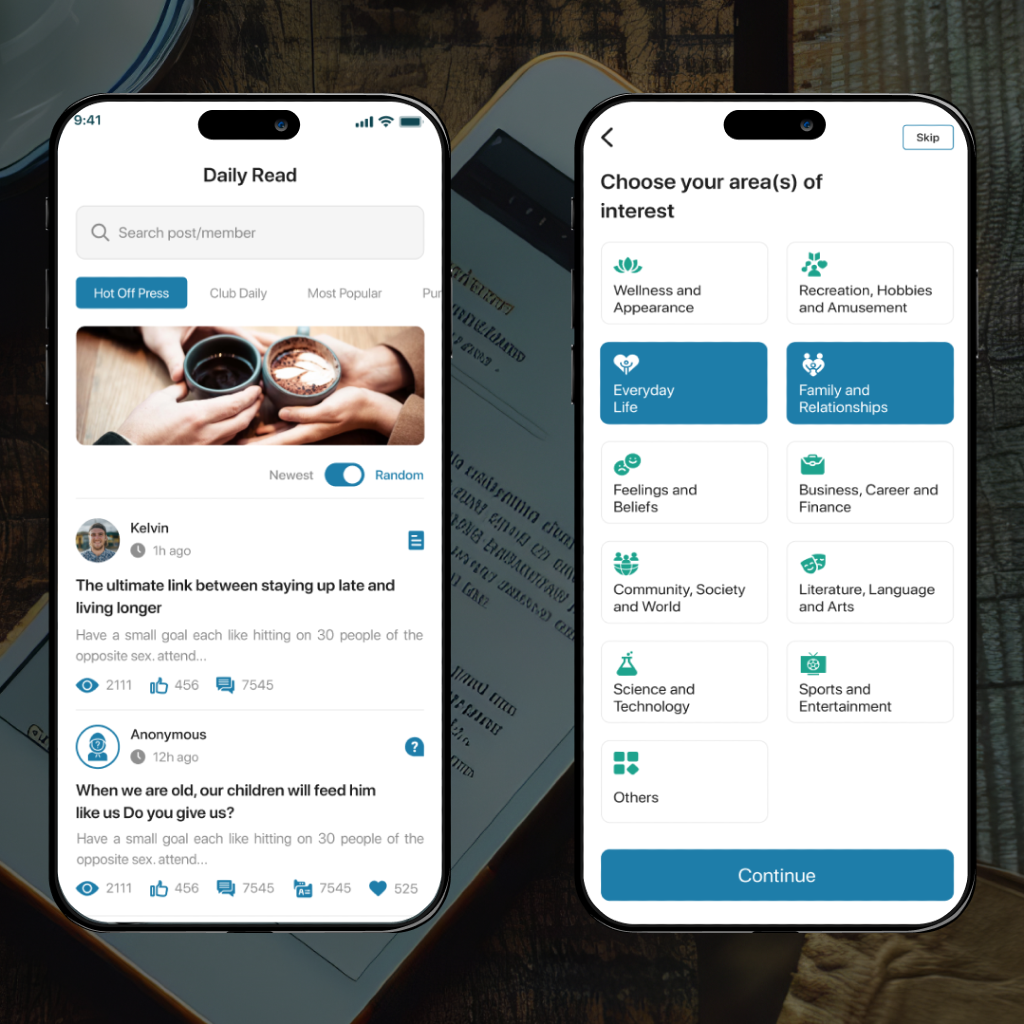Even while specific names can elicit criticism if you poll a varied selection of people, we can all think of someone who we consider to be an excellent, or even outstanding, leader. The word “leadership” is easily exploited in business and erroneously used to mean management. Nevertheless, the first step in selecting the appropriate individuals for the roles is comprehending the distinctions between the two words.
Leaders can motivate, enlist others in their cause, and project credibility. A good leader convinces others to follow them using persuasive skills rather than shouting orders. Identifying a strong leader during the hiring or promotion process is crucial. A firm or project’s success or failure may depend on whether that appointment is made correctly. When choosing one for yourself, remember the qualities listed below in the article as you read through. But first, let us clear out what management is.
What is Management?
The systematic process of planning, organizing, staffing, leading, and managing is known as management. People do the managerial tasks of organizing, staffing, guiding, and supervising as managers. Resource management is the foundation of management. Each firm, regardless of size, must manage its resources in the most well-organized and systematic way.
Performance needs to be quantifiable and related to the company’s objectives to be successful and potent in bringing about a shift or outcome. In a way, effectual means using the fewest resources possible to achieve the desired goal. However, without people, businesses would not exist or function. Here is where leadership is needed.
Why Leadership is Important
Managing an organization’s resources toward increased efficiency and goal achievement is crucial. Influential leaders provide clear objectives and inspire and direct their teams to accomplish the organization’s goals. Communication is the key to good leadership. Successful leaders are capable of guiding their teams toward the accomplishment of shared aims and objectives. What is definite is that people may and will ultimately make or break your business.
People with talent and motivation can accomplish incredible feats. Simultaneously, the results of choosing the wrong individuals to lead can be severe. That is why choosing the right person to guide you is crucial. A company can only succeed if the appropriate individuals are selected. We all have certain natural traits and improve our skills in response to our knowledge, experience, and training at every step. Although some people are naturally gifted as leaders, others must work at it. So what qualities ought you to seek in a leader? Leadership is fundamentally about ability and character. To lead is to persuade others to follow.
Strengths of a Leader
A leader’s personality embodies who they are, what they think, and how they behave. We know that physical, behavioral, and cerebral qualities are attributes that serve as the basis for character development. Here are some of the essential strengths of a leader.
1. Self-awareness
Self-awareness is regarded as one of the essential leadership qualities that candidates for management jobs must cultivate. If you truly understand yourself, you will be able to lead effectively. You must be aware of both your leadership skills and flaws. To choose the leadership style you should use, you must be able to evaluate yourself properly.
2. Contextual awareness
Having innate leadership power means you are aware of what is happening around you. It is crucial to be wholly informed of the activities within the business organization and the overall business environment. Strong situational awareness is a quality that all great leaders share.
Principles are attitudes towards conduct that direct proceedings. They are the substance that binds the fabric of character. Include brilliance, expertise, devotion, sincerity, decency, and trustworthiness.
3. Superb communication abilities
Good communicators are strong leaders. You can manage and direct people within any organization more successfully if you have good communication abilities. If you have this successful leadership trait, people will respect you, and potential disputes can be avoided.
4. Skilful bargaining techniques
Influential leaders are skilled negotiators. Any company organization needs to be able to negotiate contracts. It will produce a win-win situation and boost the likelihood of achieving the intended result.
Apprehension of a leader
Comprehension, explanation, interaction, research, study, evaluation, evaluation, criticism, problem-solving, and creation rely on knowledge. At three different levels, knowledge might be empirical, theoretical, practical, or based on the regulation of cognition.
- Tactical activities are the daily activities of a firm, including the creation of a product or the provision of a service.
- Operational planning involves short-term operations planning and long-term development of an organization.
- Strategy means choosing the organization’s long-term path and the best course of action to get there.
Leadership Qualities
Every level of an organization requires the actual application of skills, but when a person progresses to higher levels within an organization, the emphasis on the abilities necessary frequently shifts. The most effective leaders promote a culture of growth for those around them. They are adaptable enough to acknowledge their errors and open to new concepts and approaches for getting things done. Successful leaders reward excellence for boosting creativity and loyalty and inspiring employees to offer suggestions on how to enhance work processes.
Not only that, team leaders can encourage a creative environment in their workplace. While guiding others toward the organization’s goals, leaders can also give staff members more freedom in carrying out their duties. New insights on carrying out tasks, making choices, and completing projects may increase productivity and efficiency.
Selection of a Leader
Personality should come first when picking a leader. You can teach a bright, eager newbie the foundations of your industry, but it is much more challenging to instruct someone, to be honest, wise, and driven. The concept of leadership is nuanced and rich in values.
It encompasses both the power to lead and the capacity to teach others. The goal of a leader is to sway and persuade others to take action of their own free will. If leaders don’t engage their followers and inspire them, they won’t be effective. Leaders will possess strong interpersonal and communication skills. A leader can only be considered authentic when those they are in charge of believe in and respect them as a leader. Leaders need to:
- Meet the demands of the organization the leader works for
- Satisfies the requirements of those that the leader deals with
- Possess some degree of control over the individuals they are in charge of. Accept and perform the position’s duties to the best of your ability.
- Be able to defend their actions, choices, and performance in front of a person or group of people.
Once in position, your leader must foster a culture that draws in, keeps, and unleashes the smartest, brightest, and most creative individuals. Those individuals can be led by being told what needs to be done. You’ll be astounded at how inventive and determined people can be, and your company will profit from their ingenuity and drive.
Conclusion
The most effective leaders promote a culture of growth for those around them. They are adaptable enough to acknowledge their errors and open to new concepts and approaches for getting things done. Successful leaders reward excellence for boosting creativity and loyalty and inspiring employees to offer suggestions on how to enhance work processes. They will have most of these qualities mentioned, if not all, if they are the ideal selection for your company.
Contact Information:
Email: [email protected]
Phone: 6024139544
Bio:
Dave Adams is a business manager who currently resides in Dallas, Texas. With over two decades of experience in sales and management, Dave has developed a particular expertise in building and leading high-performing sales teams.
Throughout his career, Dave has held various leadership roles in the sales industry, including sales manager, regional director, and vice president of sales. In each of these roles, he has demonstrated a strong ability to identify and recruit top sales talent, develop effective sales strategies, and motivate his team to achieve and exceed their goals.
In addition to his expertise in sales management, Dave is also known for his exceptional communication skills and ability to build strong relationships with clients and colleagues. He is a natural problem solver and is always looking for ways to improve processes and drive growth for his organization.
Outside of work, Dave enjoys spending time with his wife and two children. He is an avid sports fan and enjoys playing golf and basketball in his free time. Dave is also actively involved in his community and volunteers with several local charities and organizations.
Overall, Dave is a highly respected and accomplished business manager who has made a significant impact in the sales industry. His commitment to excellence and dedication to his team’s success make him a valuable asset to any organization.











